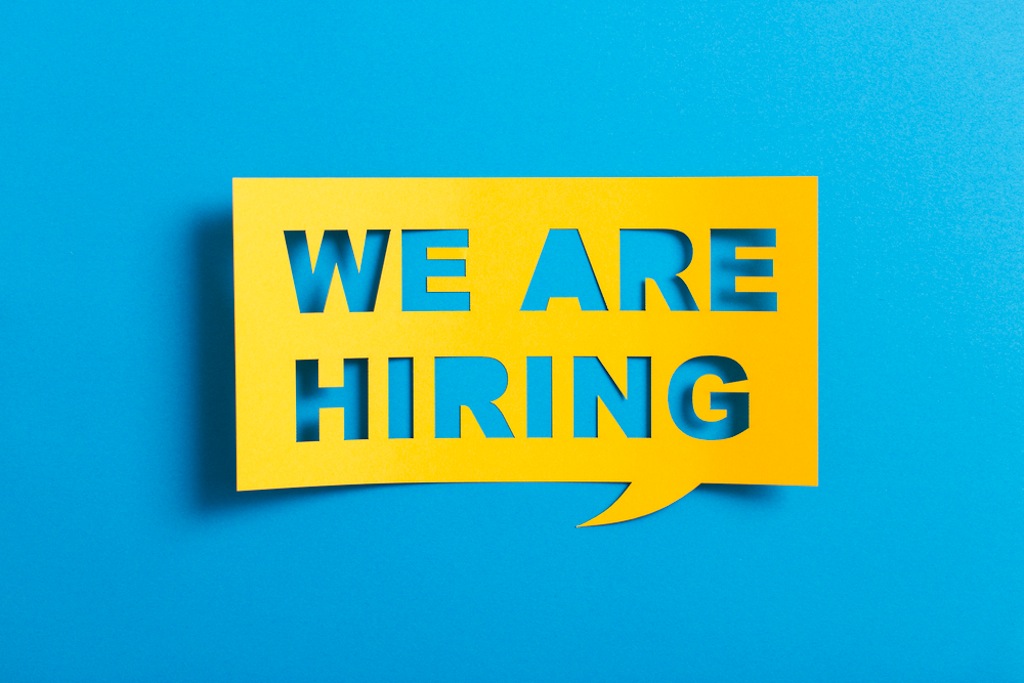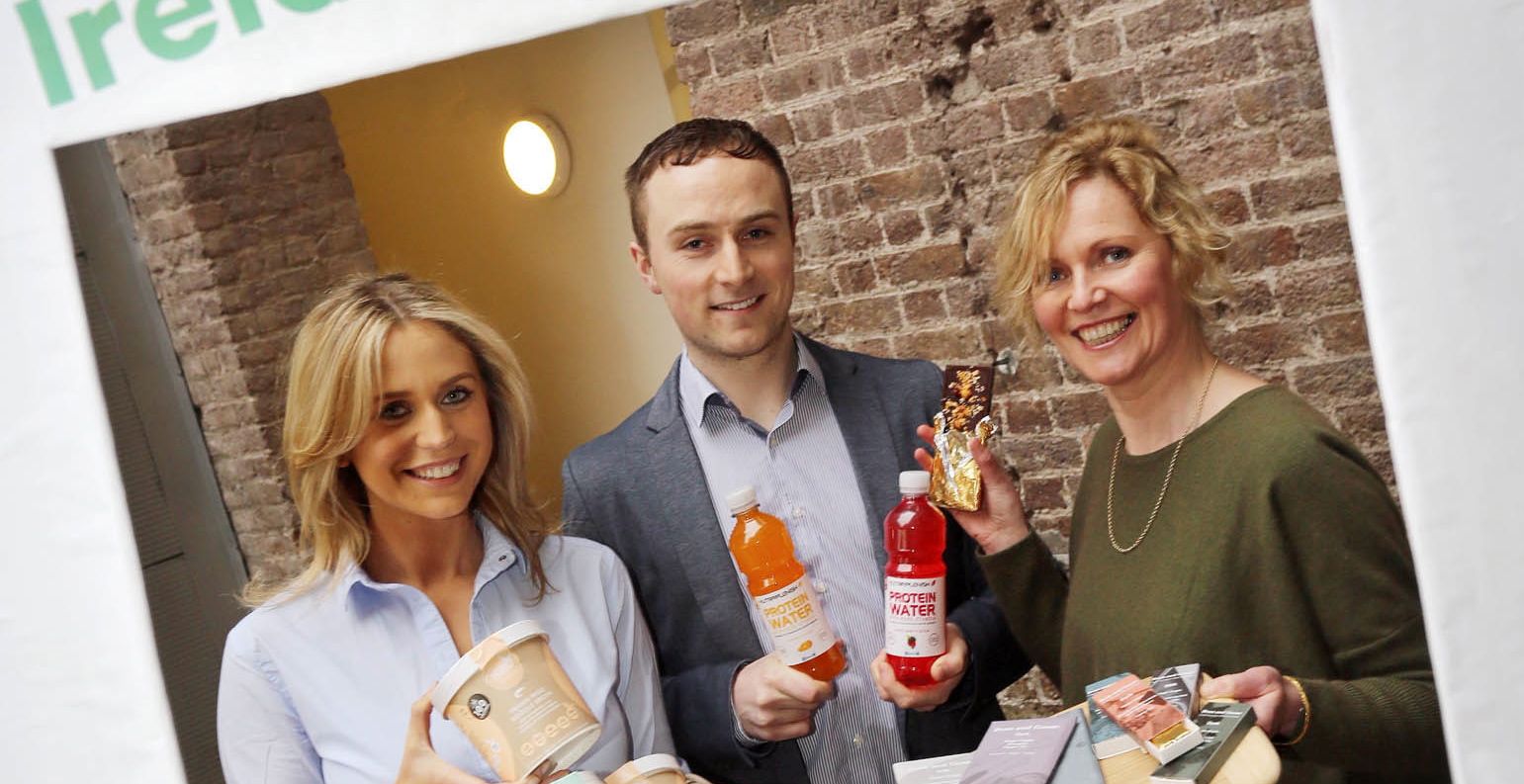There are many things robots can do, but there are certain jobs robots simply can’t do. Here are six professions robots won’t replace.
The global research firm Gartner has suggested that one in three jobs that exist today will be ‘converted’ to smart machines, robots, and software by 2025. The robots, it seems, are taking over. However, there are a few job sectors where robots dare not venture. There are certain professions in which human creativity, subjective judgement, and craftsmanship will remain superior to any skill a machine can offer.
1: Childcare expert
Robots cannot take care of small children or babies in the same way a human being can. Infants and toddlers need real human interaction if they are to learn and grow. The child carer and the creche owner have nothing to fear from machines or software.
2: Chef
Robots don’t eat organic food, nor do they smell or taste things. Only a human can express the art of cooking. Bon appetite to all you chefs and restaurant owners, your jobs are safe.
3: Tour guide
As we humans wander deeper into the machine age, the human need for ‘real experiences’ actually becomes stronger. Research has shown that experiences bring people more happiness than possessions. This is where outdoor, and adventure tourism can step in to fill a growing demand. The people who work in modern adventure tourism can expect an increasing demand for authentic experiences in unique places.
4: Journalist
Robots can write (sort of), but no robot or piece of software can act like a human brain when it comes to digging deep into a story in search of the truth. Good journalism will always be in demand. In fact, in the ‘Age of Content’ we now live in, good writing is becoming an increasingly rare commodity. Interesting stories by real writers that readers want to share over their social networks are highly valued.
“The more human beings surround themselves with robots and software solutions, the more they will crave real experiences. The ‘rare, the real and the visceral’ will become a currency.”
5: Artist
Whether you are a painter, a fiction writer, a poet, a sculptor, a craftsperson, a filmmaker or a musician, there will always be a place at the human table of employment for you. Artistry, as a personal, creative force, can only be developed and fully appreciated by people. Artificial intelligence, in the realm of art, is just that – artificial.
6: Doctor
As with childcare professionals, artists, journalists and chefs – the one human trait a good doctor shares with these people is empathy. If a patient feels their doctor genuinely cares for them, they are likely to feel better and heal faster. Robots, for all their complexity and computing ability, just don’t express genuine human empathy.
Is the robotic future for better or for worse?
Ultimately the idea of creating robots in the first place is that they will eliminate dull or physically challenging tasks in peoples’ daily routines – leaving more room for thought-provoking and creative work.
Businesses will also benefit from robots because they will have a 24/7 ‘workforce’ at more affordable rates.
The irony is, the more human beings surround themselves with robots and software solutions, the more they will crave real experiences. The ‘rare, the real and the visceral’ will become a currency, and those who can provide authentic experiences will always remain valued by other human beings.
Related Resource
Is a Universal Basic Income the answer for people when the robots ‘take over’?
Main image from Shutterstock.com. ⊕




